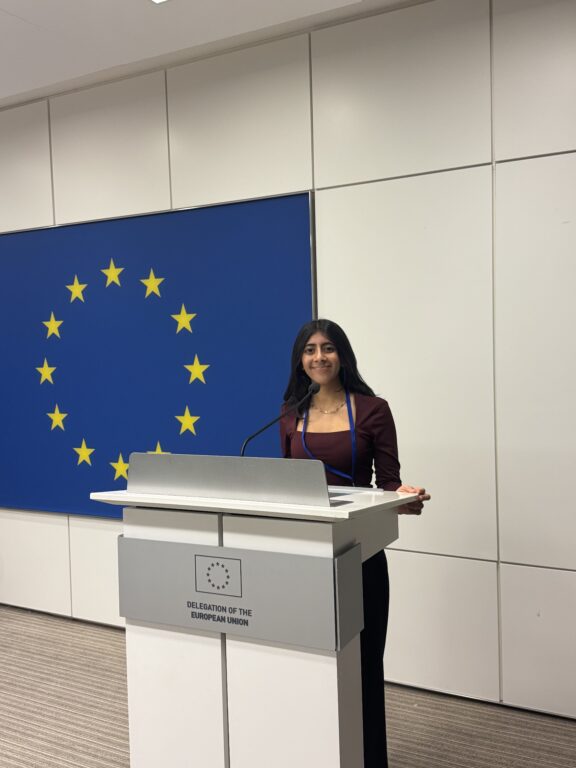By: Yolanda Mwita
In today’s interconnected world, the need for transparency and honesty in global health policy is more pressing than ever. The recent global health crises from the COVID-19 pandemic to emerging threats like climate-induced health issues demonstrate that effective solutions hinge on open communication and trust. Transparency in international health policy is not merely an ethical choice but a practical necessity that impacts our ability to respond to crises, combat misinformation, address inequities, and improve innovation.
Early in the COVID-19 outbreak, the lack of clear and timely information severely delayed and prevented global response efforts. Many countries struggled with inadequate data about the virus’s spread, severity, and preventive measures, which led to delays in implementing effective interventions. Had there been more transparency from the outset, the global community might have acted more swiftly, potentially reducing the pandemic’s impact.
Transparency is also essential for combating misinformation. In an age where false information can spread as rapidly as the diseases themselves, accurate and timely data is crucial. When governments and health organizations share information openly, they empower the public to make informed decisions and build trust in health interventions. For instance, during the pandemic, misinformation about vaccines led to vaccine hesitancy, complicating efforts to achieve widespread immunization.
Honesty in global health policy also necessitates addressing health inequities. Health disparities are often rooted in historical injustices and current inequalities. Honest acknowledgment of these disparities is vital for developing effective policies that address the needs of underserved and marginalized populations. Transparent reporting on health outcomes and resource distribution helps to identify inequities, ensuring that interventions are equitable and resources are allocated where they are most needed.
Government officials and medical professionals who guide our global health policy are required to have transparency in the relationships between governments, international organizations, and the private sector. Global health initiatives often involve complex partnerships, and these collaborations must be built on trust and clear communication.
Corruption, conflicts of interest, and lack of accountability can derail health programs and waste resources. Transparent practices ensure that all stakeholders are working toward common goals and that resources are used effectively.
Open access to research data and findings accelerates scientific discovery and enhances collaborative problem-solving. When data is shared openly, researchers around the world can build on each other’s work, leading to faster and more effective solutions. The path to greater transparency and honesty in global health policy is fraught with challenges. It requires a cultural shift toward openness within governments and organizations.
Governments and health organizations must prioritize public health over political or economic interests, and they must be willing to hold the urgent call for transparency and honesty in global health policy reflects a fundamental need for trust, equity, and effectiveness in addressing health challenges. As we move forward, those in responsible healthcare positions should embrace these principles to ensure global health policies are robust, transparent, and responsive to the needs of all people.
Only through openness and integrity can we build a healthier, more equitable world for future generations.
Yolanda Mwita is a student at Cumberland Valley and participated in the 2024 summer internship and enrichment program sponsored by the World Affairs Council of Harrisburg and PennLive. Read the article on PennLive.




